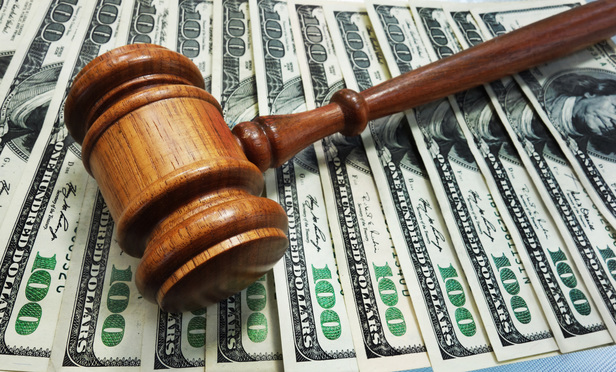The door to recovering attorney fees in intellectual property litigation has recently begun to open wider. Recent decisions by the Supreme Court and the Third Circuit have shifted away from requiring any intentional wrongdoing in order to recover attorney fees in intellectual property litigation.
First, this article will discuss the Supreme Court’s pivot in its interpretation of whether a case is an “extraordinary” case that warrants an award of attorney fees in patent cases. Second, it will discuss how the Third Circuit and District of New Jersey have applied that standard to trademark cases, examining the strength of the losing party’s arguments and whether the case was litigated in a reasonable manner. Finally, this article notes how the Supreme Court has adopted a similar policy, holding that the reasonableness of a losing party’s argument is entitled to substantial weight, when awarding attorney fees in copyright litigation, while cautioning the district court that reasonableness is not controlling and all of the circumstances of the case must be examined.
The Supreme Court Redefines ‘Exceptional’
This content has been archived. It is available through our partners, LexisNexis® and Bloomberg Law.
To view this content, please continue to their sites.
Not a Lexis Subscriber?
Subscribe Now
Not a Bloomberg Law Subscriber?
Subscribe Now
LexisNexis® and Bloomberg Law are third party online distributors of the broad collection of current and archived versions of ALM's legal news publications. LexisNexis® and Bloomberg Law customers are able to access and use ALM's content, including content from the National Law Journal, The American Lawyer, Legaltech News, The New York Law Journal, and Corporate Counsel, as well as other sources of legal information.
For questions call 1-877-256-2472 or contact us at [email protected]



